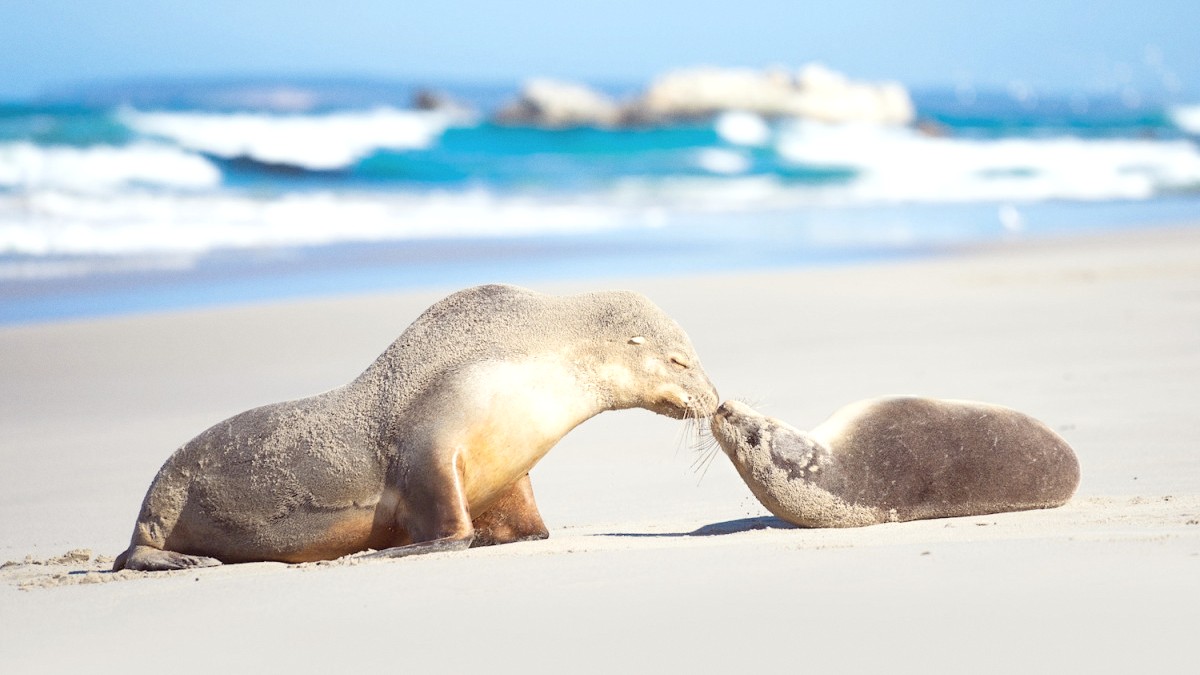
South Australia, Australia
Large portions of Kangaroo Island are National Parks or Conservation Parks (e.g., Flinders Chase National Park, Seal Bay Conservation Park, Kelly Hill Conservation Park). These areas protect unique ecosystems, rare flora, and diverse wildlife.
Visitors adhere to marked trails, refrain from littering, and do not remove natural items (plants, rocks, shells). This prevents degradation and protects fragile habitats.
The island is a biosecurity zone status, protecting the world's only pure Ligurian bee population. Bringing honey or bee products to the island is not permitted. This prevents diseases harmful to bees.
Your choices impact the island's precious resources.
Dispose of all rubbish properly in designated bins. If bins are full, carry your waste until you find an appropriate disposal point.
Kangaroo Island experiences a dry Mediterranean climate. Water is a precious resource, specifically during summer.
Support businesses committed to sustainable practices.
Sustainable outdoor gear retailer.
Reusable product company for reducing waste.
Eco-friendly accommodation booking platform.
Your respectful actions help protect Kangaroo Island's fragile environment and support its unique biodiversity. Every mindful choice counts.
Engage with the island's heritage and community with respect.
Efforts are ongoing to recognize, research, and preserve these sites.
Always ask for permission before taking close-up photos of individuals, specifically children, to respect their privacy.
Buy Ligurian honey, Kangaroo Island wine, spirits, sheep's milk cheese, and crafts directly from farm gates, cellar doors, or local shops. This supports islanders and producers directly.
Choose local restaurants, cafes, and pubs, not chain establishments (rare on the island).
Opt for independently owned accommodations, B&Bs, or holiday homes run by islanders.
Your travel choices positively impact the island's community and economy.
The 2019/20 bushfires impacted Kangaroo Island. Your visit and spending support the island's recovery. Prioritize local businesses affected.
Consider booking tours with locally owned and operated companies. This keeps economic benefits within the community.
Look for products labeled 'Kangaroo Island Made'. This supports local artisans and producers.
If you wish to contribute, research reputable local charities or organizations on the island. This ensures your contribution reaches those who need it.
Look for organizations supporting wildlife rehabilitation, environmental regeneration, or community resilience programs.
Avoid giving money directly to individuals on the street. Instead, support established and transparent initiatives.